All Stories
-
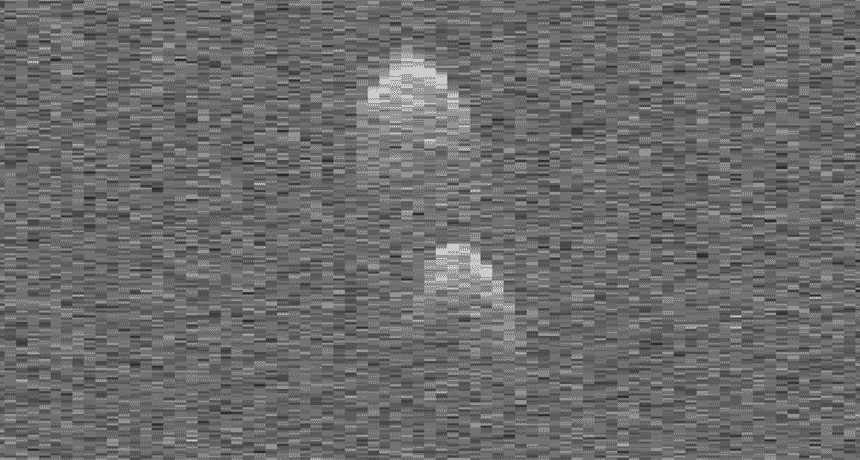 Astronomy
AstronomyAsteroid Day is a chance to learn about space and plan for disaster
Asteroid Day on June 30 tries to raise awareness about the hazards of an asteroid impact and what we could do to stop it.
-
 Climate
ClimateWorld will struggle to keep warming to 2 degrees by 2100
Current plans to curb climate change aren’t ambitious enough to limit global warming below 2 degrees Celsius by 2100, new research shows.
-
 Science & Society
Science & SocietyReaders debate gun violence research and more
Gun violence research, plaque-busting sugar and more in reader feedback.
-
 Science & Society
Science & SocietyProblem-solving insights enable new technologies
Our editor in chief discusses science's role in solving society's most pressing issues.
By Eva Emerson -
 Physics
PhysicsSounds from gunshots may help solve crimes
Sound wave analysis may help forensic scientists figure out what types of guns were fired at a crime scene.
By Meghan Rosen -
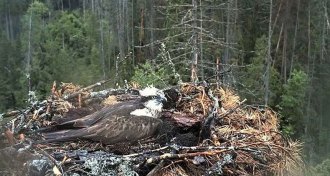 Science & Society
Science & SocietyEmpathy for animals is all about us
We extend our feelings to what we think animals are feeling. Often, we’re wrong. But anthropomorphizing isn’t about them. It’s about us.
-
 Health & Medicine
Health & MedicineThis week in Zika: vaccine progress, infection insights
Vaccine candidates for Zika virus take a step forward, birth defects span spectrum of problems and doubts about Zika’s link to microcephaly may be extinguished by new reports from Colombia.
By Meghan Rosen -
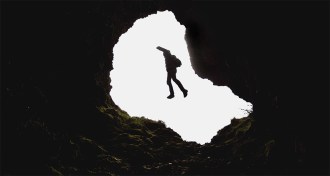 Physics
PhysicsFalling through the Earth would be a drag
Scientists study how friction affects a hypothetical jump through the center of the Earth.
-
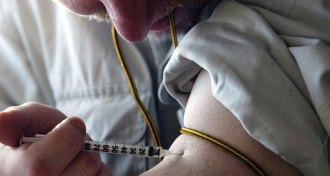 Health & Medicine
Health & MedicineVaccines could counter addictive opioids
Scientists turn to vaccines to curb the growing opioid epidemic.
By Susan Gaidos -
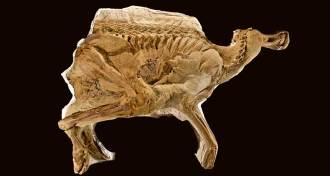 Paleontology
PaleontologyParasites wormed way into dino’s gut
Tiny slimed tunnels in the guts of a 77-million-year-old duck-billed dinosaur fossil offer the first hard evidence that dinosaurs may have been infected by parasitic worms, paleontologists say.
By Meghan Rosen -
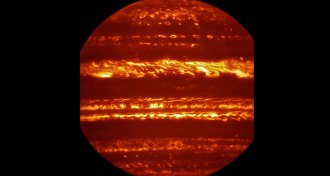 Planetary Science
Planetary ScienceJupiter shows off its infrared colors
Jupiter glows with infrared light in new images taken in preparation for the July 4 arrival of the Juno spacecraft.
-
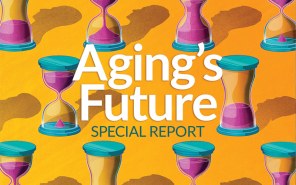 Science & Society
Science & SocietySpecial Report: Aging’s Future
What is aging? How does it change the brain? How did different life histories evolve? This special report addresses those questions and more.